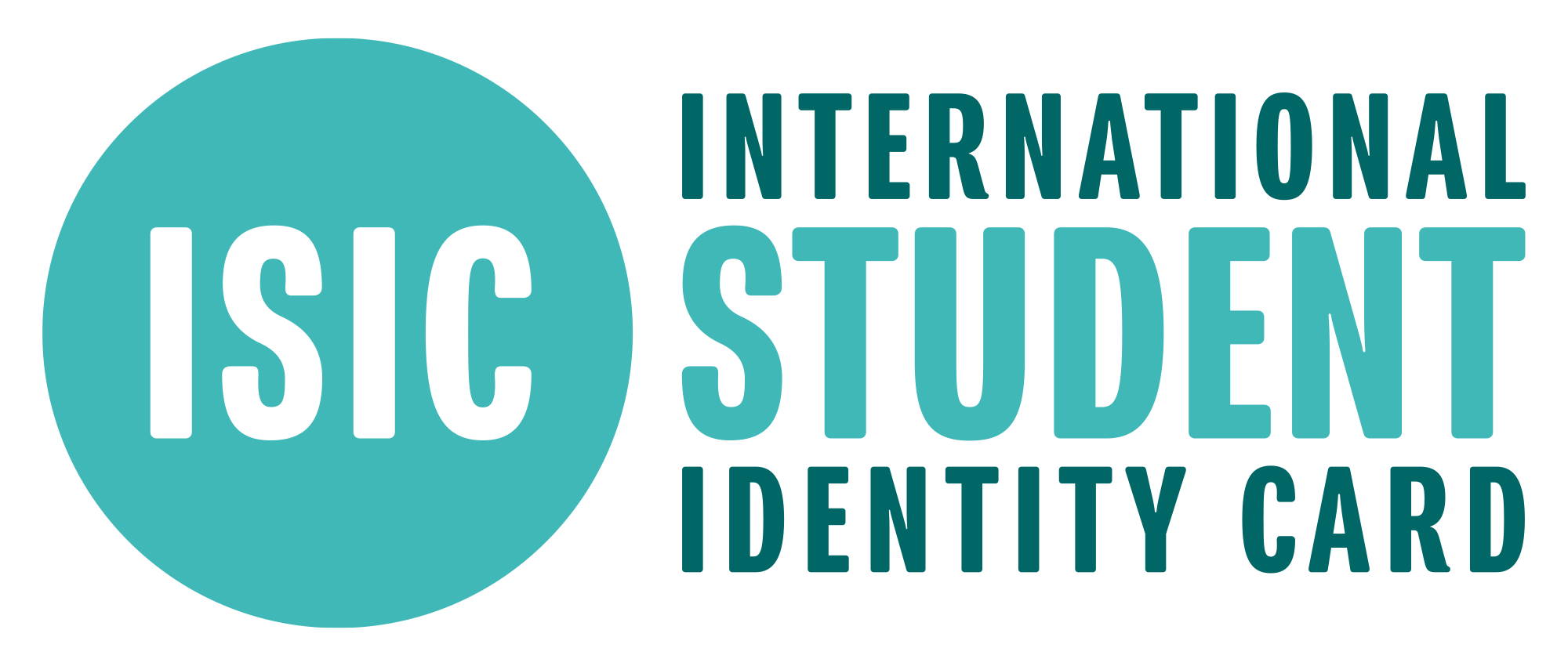
Writing your thesis can feel like an impossible task to take on. Read ISIC's tips on how to get to writing your thesis!
Tips for writing your thesis
Writing your thesis? This is how you get to work!
For many students writing their thesis is a massive undertaking and can be extremely intimidating, too. It's difficult and stressful, especially if you are prone to procrastination. However, you'll have to get it done if you ever want to graduate. The long days behind your laptop will be worth it once you've got that piece of paper in your hand and a big smile on your face! But before we get caught in that amazing daydream, let's write that thesis! In this article we'll give you an overview of how to get the job done.
Phase 1: starting your thesis
Thesis supervision
Make sure to keep in touch with your thesis supervisor/mentor, not only when you are having a hard time, but throughout the process. If possible, it's a good idea to meet up with your supervisor every other week to talk through what you have gotten done in 14 days and what your next steps will be. That sounds like a lot (and it is) but it will really help keep you accountable and stress-free, because you know what you are doing.
The topic
You'll probably be able to choose your own topic. If you are going to write your thesis to a specific company, they will maybe supply you with a direction or question, but you'll have to shape that into a research topic yourself. Try to go with something that has your interest and you would like to know more about. This will make writing a lot easier. Are you having trouble coming up with a topic? Get in touch with your supervisor! They have a lot of experience with this and will be able to help you. Also, leafing through old thesis works and previous research will give you an idea on your topic and also help you relate it to existing research.
Planning
Make a first version of your schedule in this beginning stage. Plan deadlines for separate parts of your thesis and reserve time slots for when you'll be working on it. This will give you a good grasp of the work you need to do. Once you've completed your research proposal you can finish your schedule with specific tasks.
File management
Keep your files in order! Chances are you'll collect a lot of data and files while writing your thesis, so prevent chaos by carefully sorting and storing your files. This way you’ll be able to easily find every article, image and document. Also prepare for the dreaded mid-thesis-computer-crash by backing everything up to the cloud. You can do this daily or weekly, or work directly from a service like Google Drive or Dropbox.
Tips for the starting phase:
- Read theses from fellow students who've researched a similar topic. It's a good way to get some ideas for the content and structure of your piece.
- Don't make the planning your main task. Yes, it's important to start off on the right foot and get your topic and schedule in order, but please don't spend any more time on this phase than necessary. Sometimes it's better to just get started and adjust your schedule and correct your work later.
- A lot of universities and UASs have thesis training and kick-offs to help you get started. It is a good way to get some insight and tips on how to structure your thesis or write a good research question.
Phase 2. Research
Theoretical framework/literature research
After choosing the topic for your thesis you can get started with the literature review. To give direction to your research it's important to look at relevant literature. A thesis should be an addition to existing studies, so get familiar with everything that has been written about your topic and try to fill a gap. Again: your thesis supervisor can help you get started with this and point you in the direction of some useful authors or journals to look into.
Main research question
Your research question is the central query of your thesis. You'll build your piece around this question. By reading literature in the last part you should've gotten a pretty good idea of what your research question should be. Don't worry about this too much; usually when you start thinking about shaping your research this main question will change or evolve, and that's totally okay.
Research proposal
In your research proposal you describe what your research is going to look like and how you're going to execute it. You'll answer questions like ‘who or what am I going to study?’ and ‘which methods will I use?’. This is the time to plan out your ideas and describe the steps you're going to take to complete your research in more detail. Also take the time to write out secondary questions, the sub-parts you'll need to answer your research question.
Planning pt. 2
You have your research proposal ready? Great! Time to take a second look at your schedule. This is the time to plan any appointments for your research (do you need to conduct interviews? Plan them now. Do you need to reserve a space to conduct an experiment? Plan it now! Etc.). You can also fill out the rest of your schedule with more specific deadlines. When does what piece of research need to be done?
Researching
Besides your literature review, this is the part where you'll do the actual research: the part of your thesis where you investigate to answer your research question. This part of your thesis can take many forms - for an overview of what kinds of research you could do, check out this article by Scribbr.
Tips for the research phase:
- If you need other people for your research (for example with interviews), plan your appointments early and keep a list of back-ups, just in case someone cancels.
- Write down any usable results from your research right away. If someone says something interesting in an interview, or a statistical analysis shows any results, make a note and write a short sentence in your results section, so you don't have to re-read your own appendices every time you write a section.
- If you have interviews to transcribe, you can use Quicktime or VLC media player to slow down the recordings. This makes it way easier to type along with what's being said.
Phase 3. Writing
Phase 2 and 3 will overlap: you'll start writing things down while doing the research. You'll collect all your literature and write a theoretical framework, you'll report your research and jot down ideas for the conclusion, all while still knee-deep in various parts of research. Still, we'd like to point out writing as a separate phase.
Structure
You'll save so much time by making an outline before you start actually writing. Determine structure in advance, so you'll have a clear overview of what needs to be done. You can fill your outline with results as you'll go along. Scribbr also has a good article on structuring your thesis/dissertation. Please note that every school or faculty will have its own rules for what a thesis should look like, so it's always smart to make your own template according to those guidelines from the very start.
Writing is rewriting
Rewriting might be the most terrible part of your thesis, because… well, you've already written the entire thing, why change it now?! For rewriting, it helps to
1. Read the entire thesis out loud (yes really). You'll find mistakes in spelling, grammar or sentence structure really easily.
2. Keep your research question in mind when you are reading through your thesis to make sure you are trying to answer it in each part, and whether you've succeeded.
Tips for the writing phase:
- While writing, don't get stuck trying to make it beautiful right away. Focus on getting it down, and perfect the text later.
- Reference all of your appendices, figures and images, or they'll just kind of hang out in your text, without any relevance or context.
Good luck with writing your thesis!
 Get your ISIC card
NOK 100
Get your ISIC card
NOK 100
